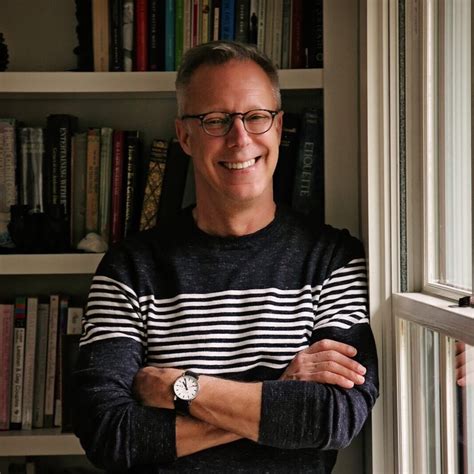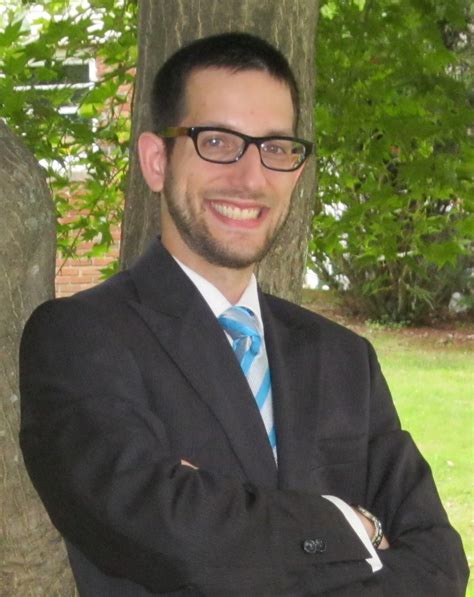A Quote by Michael Fullan
In schools the main problem is not the absence of innovations but the presence of too many disconnected... piecemeal, superficially adorned projects... We are over our heads.
Related Quotes
I've been thinking about something for a long time, and I keep noticing that most human speech-if not all human speech-is made with the outgoing breath. This is the strange thing about presence and absence. When we breath in, our bodies are filled with nutrients and nourishment. Our blood is filled with oxygen, our skin gets flush; our bones get harder-they get compacted. Our muscles get toned and we feel very present when we're breathing in. The problem is, that when we're breathing in, we can't speak. So presence and silence have something to do with each other.
Most of us have become Ecozombies, desensitized, environmental deadheads. On average, society conditions us to spend over 95% of our time and 99.9% of our thinking disconnected from nature. Nature's extreme absence in our lives leaves us abandoned and wanting. We feel we never have enough. We greedily, destructively, consume and, can't stop. Nature's loss in our psyche produces a hurt, hungering, void within us that bullies us into our dilemmas.
Schools shouldn't have to choose between serving a student with special needs or cutting an art class, laying off teachers or using outdated textbooks. But these are the positions that far too many schools have been placed in, and only a meaningful acknowledgment of the problem can begin the process of getting them out.
In many places it is literally not safe physically for youngsters to go to school. And in many schools, and its becoming almost generally true, it is spiritually unsafe to attend public schools. Look back over the history of education to the turn of the century and the beginning of the educational philosophies, pragmatism and humanism were the early ones, and they branched out into a number of other philosophies which have led us now into a circumstance where our schools are producing the problems that we face.


































